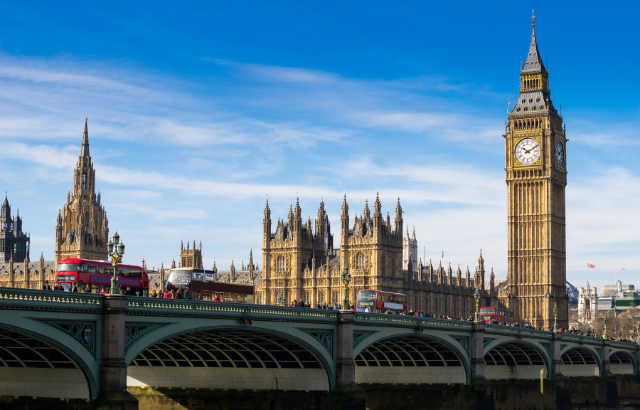New report on Brexit and public opinion reveals divisions both between and within parties
A values divide is emerging which could dramatically impact on politics in the years to come, a comprehensive report on Brexit and public opinion reveals.

The report, ‘Brexit and public opinion’ by The UK in a Changing Europe initiative, co-authored by academics at Queen Mary University of London, is the most comprehensive and authoritative analysis of Brexit and public opinion to date.
A potentially permanent shift in British politics
Overall it suggests not only that the divisions created by the EU referendum are still with us but that, because they tap into more fundamental, often generationally distinct, views on diversity and equality, they may well produce a profound, polarizing and even permanent shift in British politics.
Experts at Queen Mary University of London, Tim Bale and Monica Poletti, who together with Paul Webb from the University of Sussex, run the ESRC-funded Party Members Project, contributed a chapter which focused on the type of Brexit the members of Britain’s political parties would like to see – and whether they’d like to try and halt it by holding a second referendum.
Support for a softer Brexit
As expected, the report finds that most grassroots Conservatives want a hard Brexit. However, the fact that 25 per cent favoured staying in the single market and 27 per cent favoured staying in the customs union means around a quarter of all Tory members would prefer something much softer.
As Professor Bale notes, “Support for a softer Brexit among a significant minority of grassroots Conservatives should provide some serious encouragement to the pro-European ‘mutineers’ on the Tory benches at Westminster, as well as to MPs from other parties who hope to make common cause with them as the EU Withdrawal Bill passes through parliament.”
The question of a second referendum
As for Labour members, some 78 per cent would like to see a second referendum – compared to just 7 per cent of their Conservative counterparts. And support for staying in the single market and the customs union among Labour members runs at 87 per cent and 85 per cent.
According to Professor Bale, “The overwhelming support among the Labour rank and file for a second referendum and, failing that, a soft Brexit could spell trouble for Jeremy Corbyn and his ongoing attempt to avoid committing the party to either. It’s going to be difficult to insist, with one breath, that he values the views of Labour’s grassroots but then, with another, pay no attention whatsoever to their very strongly-held views on Europe.”
More information
The UK in a Changing Europe promotes rigorous, high-quality and independent research into the complex and ever changing relationship between the UK and the EU. It is funded by the Economic and Social Research Council and is based at King's College London.
- Find out more about the BA Politics at Queen Mary
- Read the report (PDF)
Related items

10 December 2024

9 December 2024

6 December 2024
For media information, contact: